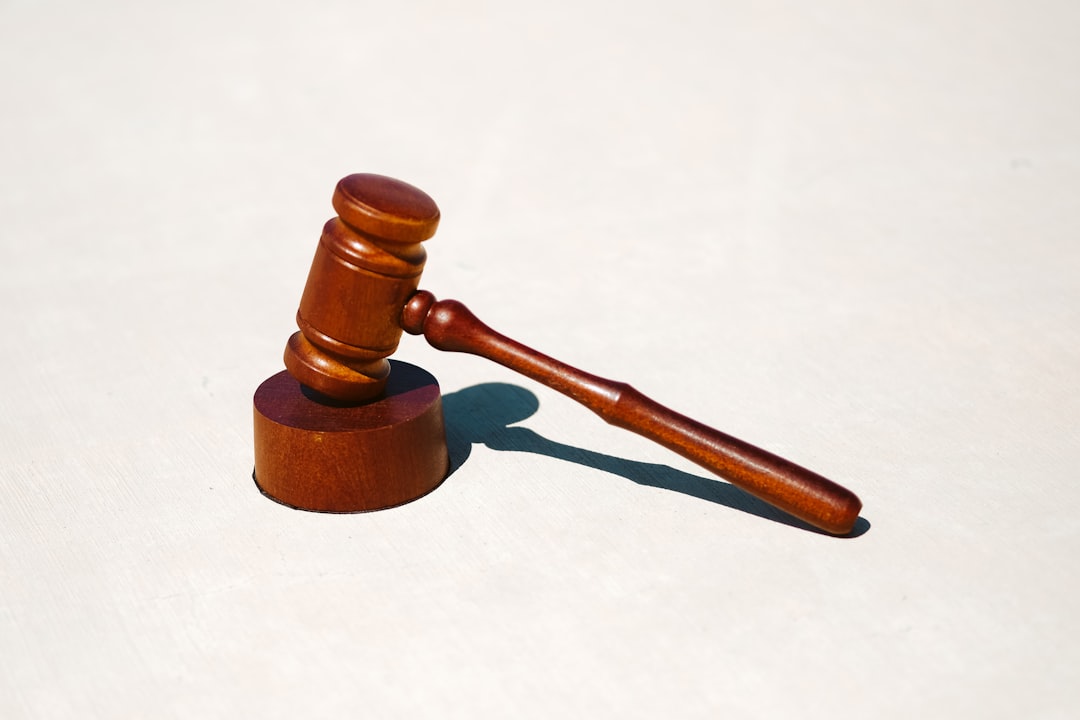In Biloxi, Mississippi, where DNA evidence is crucial in rape trials, specialized rape law firms play a vital role in protecting accused individuals. These firms scrutinize DNA collection, handling, and analysis to ensure integrity and reliability, challenging match results through expert testimony and cross-examination, thus advocating for their clients' innocence.
In the pursuit of justice, understanding DNA evidence is pivotal in Biloxi, Mississippi’s rape trials. This article unravels the complexities of DNA testing, offering insights into its challenges and defects. We explore how a specialized rape law firm in Mississippi navigates these issues to build robust defense strategies. By examining the intricacies of DNA evidence, we empower legal professionals with knowledge, ensuring fair outcomes for all parties involved. Discover practical approaches to questioning DNA evidence in rape cases.
Understanding DNA Evidence in Rape Cases

In rape trials, DNA evidence has become a cornerstone of prosecution arguments due to its ability to provide precise and undeniable links between suspects and crime scenes. This scientific data can include genetic profiles from blood, hair, skin cells, or bodily fluids found at the location of the assault. However, for those accused of sexual offenses in Biloxi, Mississippi, understanding how this evidence is collected, handled, and interpreted is crucial to building a robust defense strategy. A rape law firm in Mississippi should be well-versed in these procedures to challenge such evidence effectively.
Expert analysis and proper preservation protocols are essential to ensuring the integrity of DNA results. Missteps during collection or subsequent handling can lead to contamination or degradation, affecting the validity of conclusions. Defense attorneys should question the chain of custody of the evidence, reviewing every step from collection to testing to identify any potential sources of error or manipulation. By doing so, they can cast doubt on the reliability of the DNA match and present a compelling argument for their client’s innocence in rape trials.
Challenges and Defects in DNA Testing Procedures

Challenges and defects in DNA testing procedures are crucial aspects for a rape law firm in Mississippi to navigate during trials. Despite its high accuracy, DNA evidence is not infallible. Human error, laboratory protocols, and potential contamination can introduce inconsistencies or even falsify results. For instance, improper collection or storage of samples, inadequate cleaning techniques, or cross-contamination from previous tests can lead to inaccurate conclusions.
Moreover, the interpretation of DNA data requires meticulous attention to detail and specialized knowledge. Misinterpretation or biased analysis by laboratory technicians might result in misleading evidence. It’s essential for rape law firms in Mississippi to scrutinize these aspects thoroughly, engaging experts who can challenge the methodology, validate the results, and ensure justice is served, especially in cases where DNA evidence plays a pivotal role.
Building a Defense Strategy: Mississippi Rape Law Firm Approach

In challenging DNA evidence in Biloxi, Mississippi rape trials, a strategic approach is paramount. At a reputable rape law firm in Mississippi, the defense team starts by meticulously reviewing the case details and understanding the scientific aspects of DNA testing. They employ experts who can scrutinize the collection, handling, and storage of the evidence to identify any potential contaminants or procedural errors that may compromise its integrity.
The rape law firm Mississippi advocates for a comprehensive strategy that includes building reasonable doubt through cross-examination of witnesses, presenting alternative explanations for the DNA results, and highlighting any inconsistencies in the prosecution’s case. By combining scientific expertise with robust trial advocacy, they aim to protect the rights of their clients and ensure fair justice in court.




